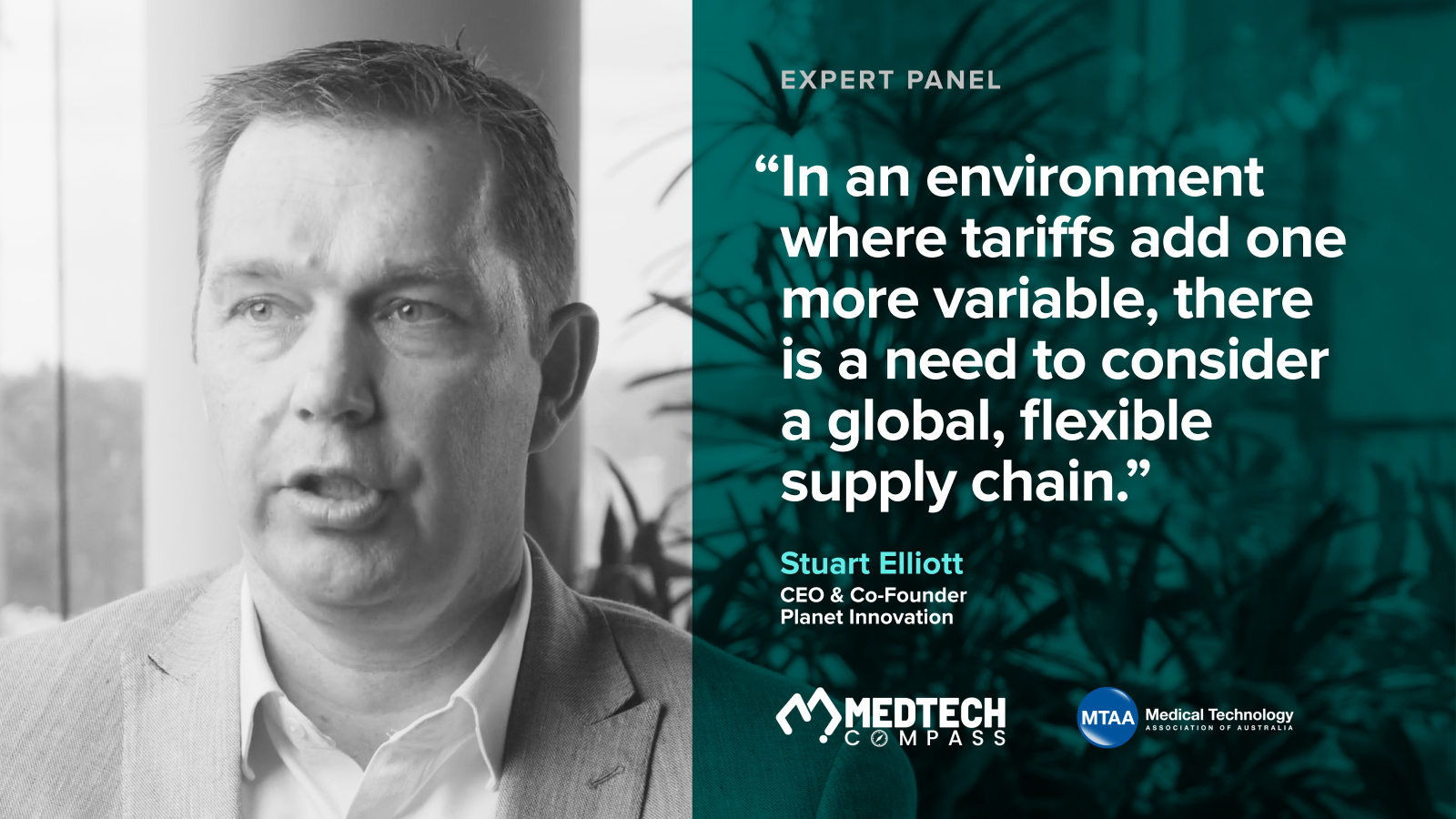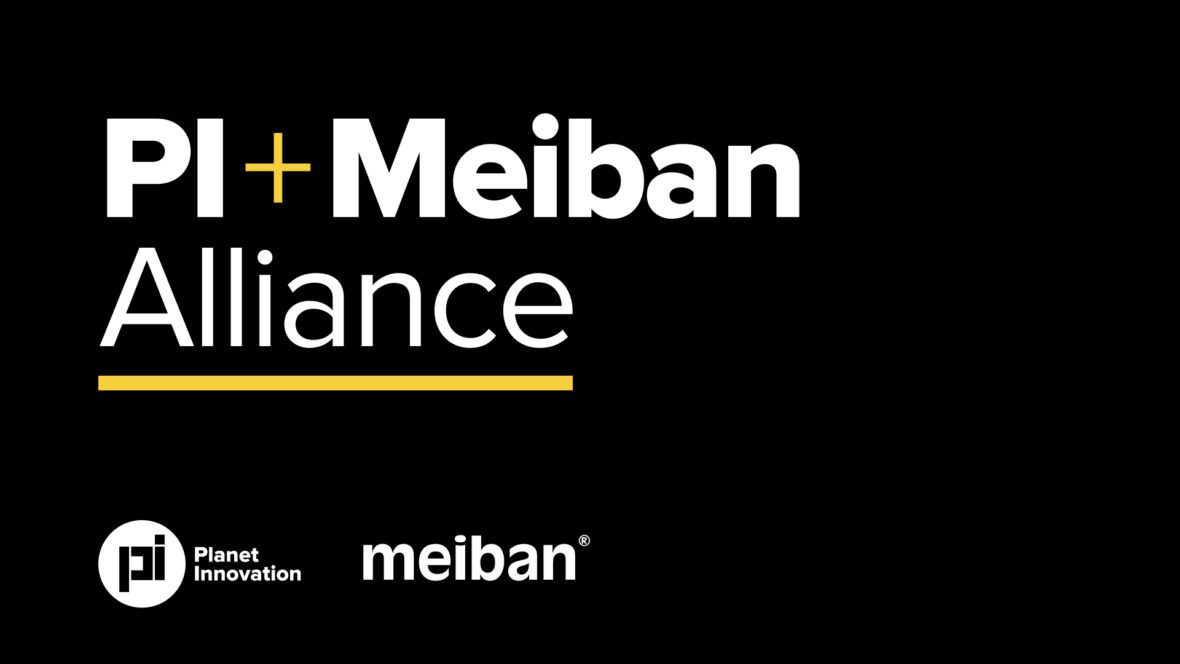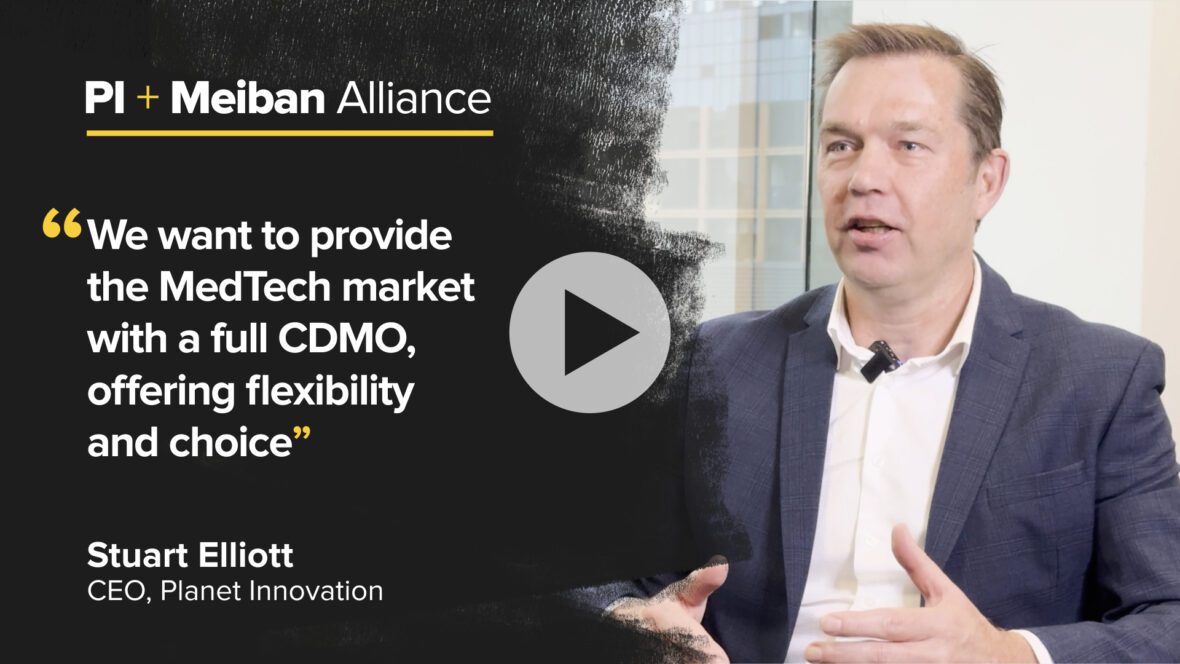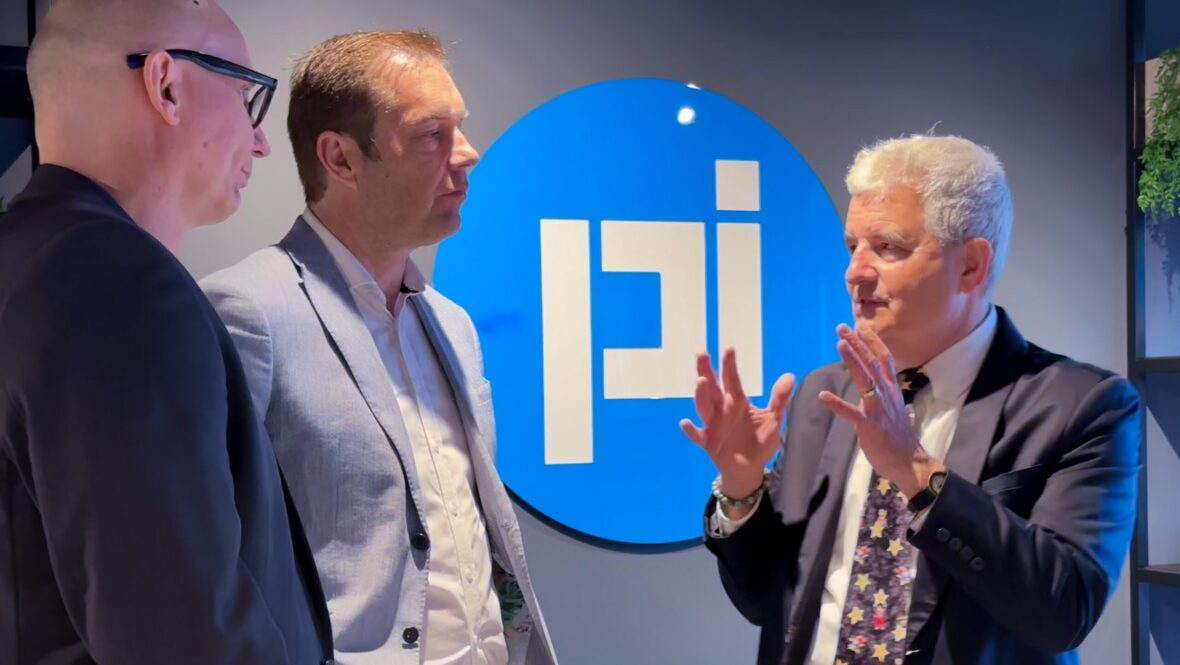
With tariffs and regulatory updates reshaping the global MedTech landscape, Stuart Elliott, Planet Innovation’s CEO and Co-Founder, joined a webinar hosted by the Medical Technology Association of Australia (MTAA) to share insights and discuss practical strategies for navigating the waves of ever-changing tariffs.
Stuart highlighted the importance of having both choice and flexibility for manufacturing medical products, as a key strategy to mitigate risk in an uncertain economic climate. He described how PI’s journey of building out contract manufacturing capability to meet its clients’ needs led them to establish a US manufacturing facility. This provides clients with a choice to manufacture in either Australia or the U.S. However, over time, more clients wanted high-volume manufacturing options in Southeast Asia to support their scale up. In response, PI formed a strategic partnership with Meiban Corp Holdings, a global leader in contract manufacturing based in Singapore. This provides PI’s clients with even greater options, providing them with the choice and flexibility to leverage three separate geographies to support the production of their products.
In an environment where tariffs add one more significant variable, Stuart recommends considering a global, flexible supply chain. He highlighted the need to understand the embedded labor component of a product’s cost and whether it made sense to produce that product in a high labor cost region or a low labor cost region. Stuart says that through clever design you can also reduce the number of parts, get the labor content down so products are assembled in a very short amount of time, and you can then put manufacturing in a high-cost environment like California.
Stuart also mentioned that having a single source supply for a critical consumable product, such as a diagnostic product, may be considered high risk. However, having a dual source supply chain is an effective way to manage these supply chain risks. “What we are seeing is smart allocation of sub-assembly”, Stuart noted. By researching where you should manufacture based on the complexity, physical weight, number of hours embedded in the product and size of the product, you can minimize the tariffs if you do it cleverly. Planet Innovation has arrived at a solution of having a triple sourcing strategy where it has the choice to manufacture a combination of components in some areas, some subassemblies in other areas, and then final assembly in either Australia or the US, optimizing the overall product, shipping and tariff costs.
Whether you are an emerging startup or an established MedTech company, navigating a volatile and ever-changing economic environment riddled with uncertainty is complex. With this level of economic uncertainty likely to persist, having practical strategies in place to navigate these shifts is essential. Options that provide choice and flexibility in your supply chain are one way to manage risk, optimize cost and bring some level of predictability to an otherwise unpredictable climate.
Thanks to all the other featured speakers:
- Tara Booth, Assistant Secretary, US Trade Taskforce – Department of Foreign Affairs and Trade (DFAT)
- Gabrielle Hall, Consul-General and Trade and Investment Commissioner, Houston, Austrade
- Cornelia Rooks, Senior Regulatory Specialist, Registrar Corp








